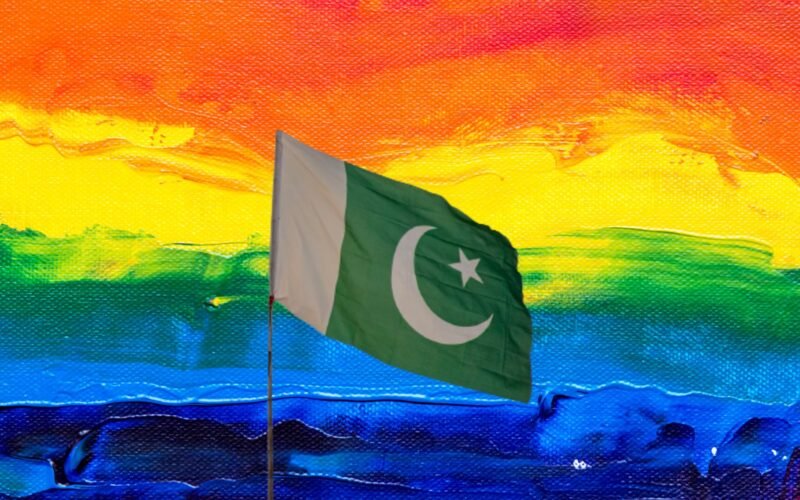In a landmark ruling, Pakistan’s Federal Court has upheld Shariah law, banning gender change. The decision restricts LGBTQ rights.
The court’s ruling explicitly states that anyone assigned male at birth must remain male, and similarly, those assigned female at birth must continue to identify as such throughout their lives. The judgment represents a significant setback for the LGBTQ community in Pakistan.
The legal restrictions imposed by the court reflect a broader societal sentiment that views gender as an inherent and unchangeable aspect of an individual’s identity. Pakistan, like many other countries, has been grappling with complex issues surrounding LGBTQ rights, where cultural, religious, and traditional norms often intersect with modern perspectives.
The decision, which aligns with the principles of Shariah law, has been met with mixed reactions. Supporters argue that it upholds religious and cultural values while preserving social order and stability. They believe that the ruling maintains the sanctity of traditional gender roles and helps protect the fabric of society.
Pakistan has been a witness to growing advocacy for LGBTQ rights in recent years. However, the court’s ruling seems to reflect a conservative stance, asserting that gender change is incompatible with the tenets of Shariah law. It remains to be seen how this decision will impact the broader discourse on LGBTQ rights and shape the future of gender-related legislation in the country.
Subscribe to our channels on WhatsApp, Google News, Facebook and Instagram.Discover more from The Islamic Information
Subscribe to get the latest posts sent to your email.












